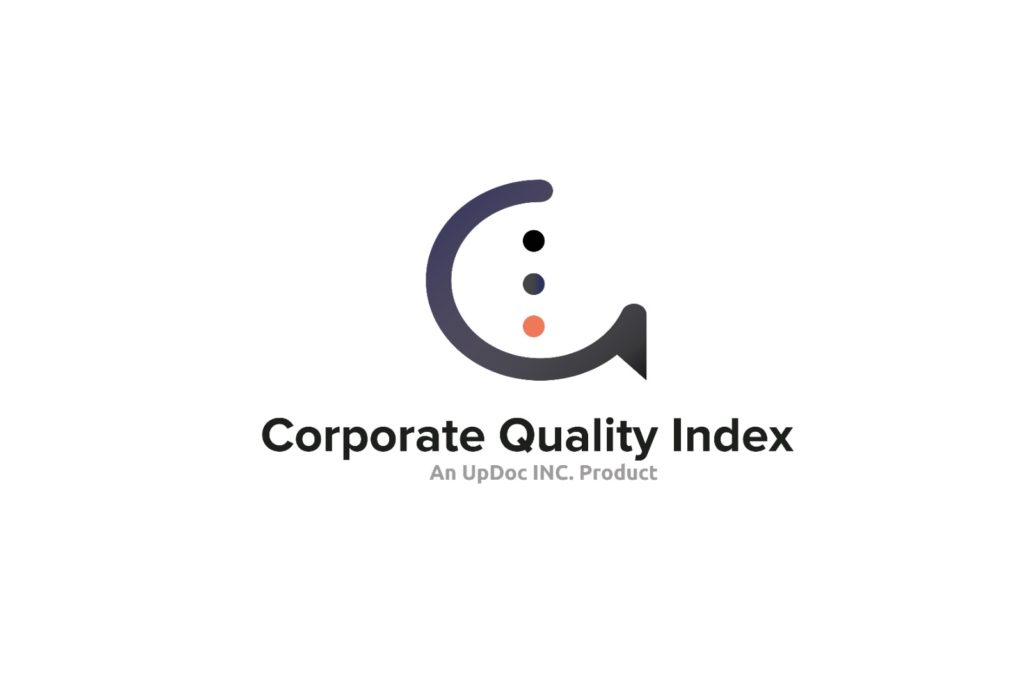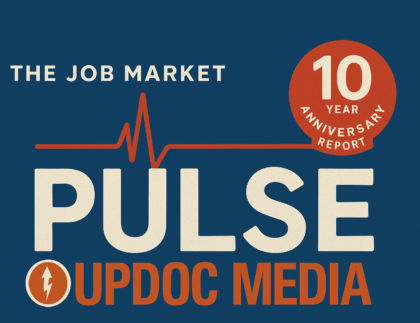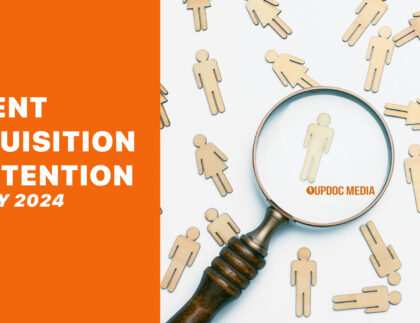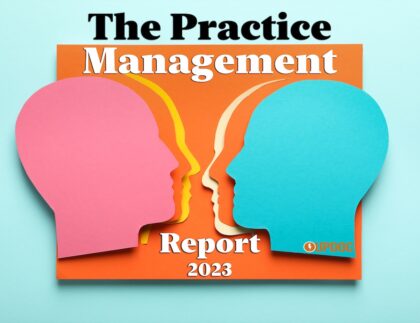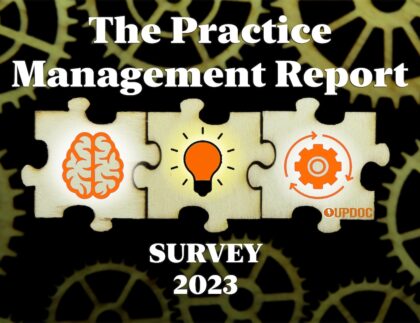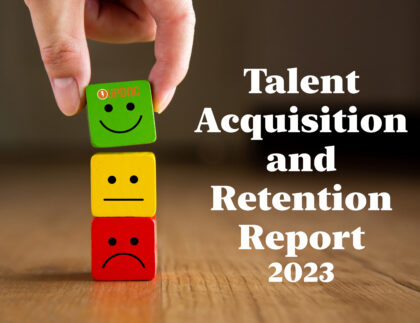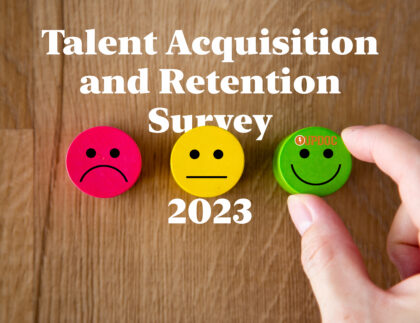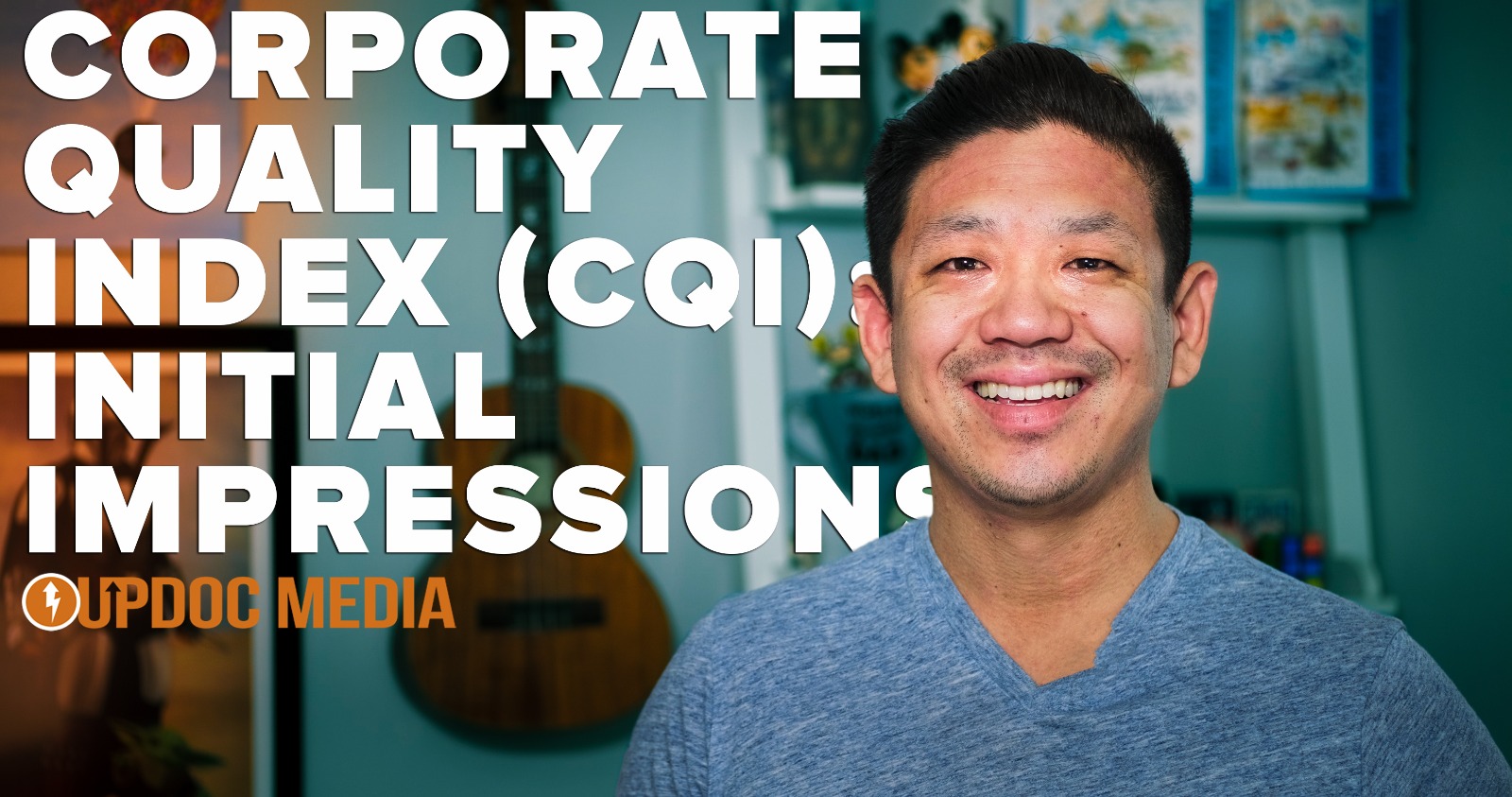
After much public demand and outcry for corporate transparency, the team at UpDoc felt compelled to help create a solution in creating safe input for the workforce while compiling actionable data sets for organizational decision makers make meaningful forward movement for their respective organizations.
This has recently culminated in the Corporate Quality Index (CQI) by UpDoc, Inc. The CQI employs a multi-dimensional survey of corporate quality variables punctuated by the workforce’s willingness to recommend their employer to both colleagues and consumers, creating objective metrics on an organization’s specific qualities as an employer, as a supplier of goods and services, and regarding its participation as a responsible corporate citizen.
A Few Initial Impressions To Consider:
- Over 90% of respondents were happy to name and identify their employer based on their survey responses.
- Salary and Benefits did not seem to have an overwhelming negative representation.
- What DID have an alarming negative response was on the topics of Ownership Mentality and Managing Mediocrity.
- The most striking aspect of this has to do with Workplace Culture and respondents’ intentions to stay within 12 months. Suffice to say, there will be intense turnover waves in the coming quarters.
- At UpDoc, we’ve decided to term “Tolerance to Mediocrity” as the allowed presence of negative as it pertains to Managing Mediocrity — when obviously underperforming team members remain within the company; unaddressed or un-coached for improvement; given a pass through the intentional or unintentional willingness of the corporation to simply put up with mediocre staff, without any threat of consequences or being placed on a meaningful improvement plan.
- Anecdotally, between our every day communiques as well as our popular Summer 2020 report, the “The Physical Therapy & Allied Rehab Productivity Report 2020,” it’s become truly self-evident that organizations of all sizes seem to struggle just as much at promoting worthy, high performers who embody excellence as much as they seem unwilling or incapable of riding themselves of inexplicable (yet, generally tolerated) levels of mediocrity. Particularly in healthcare where lives are on the line, this is truly concerning.
- At no level of surprise, respondents marked a very high correlation between Intention to Stay for the next 12 months at current organization of employment with their satisfaction of the corporation’s Workplace Culture.
- Due to most Employee Satisfaction surveys (both internal, and external) primarily tackling aspects that create an overall score, rather than an inter-related multi-dimensional cluster — there is a high degree of likelihood that the current availability of public platforms which invite users to rate their employers yield nondescript or generic ratings which tend also to reflect the extremes of “very happy employee” or “very angry, disgruntled, former employee.” These extreme essentially offset one another, creating mostly unusable data sets as it pertains to decision makers who desire to forge meaningful change for the future of their respective organizations.
Here are a few early graphs which will be fully fleshed out and delved into in the inaugural CQI report.


Ultimately, the goal of the CQI is to help establish meaningful and objective management levers to address:
- Decreasing the frequency and overall cost of turnover.
- Workforce satisfaction, engagement, and growth in competency as well as capacity.
- Managing the production loss as a result of tolerance to mediocrity.
- Decreasing the loss of organizational opportunity, due to lost talent and lost initiative.
- Managing the loss of innovative leaders due to systemic roadblocks and glass ceilings.
We encourage everyone to contribute to the CQI for current, past, and future employment experiences. As always with our surveys, it is 100% anonymous. Please click on the button below to contribute to the Corporate Quality Index (CQI)!
